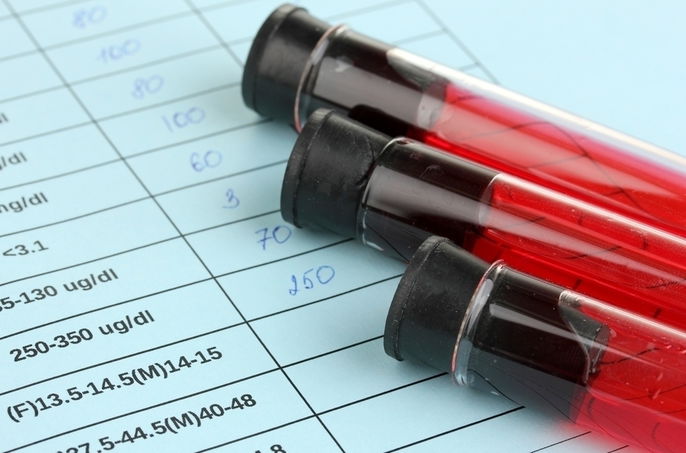What is it
Urea is a substance produced by the liver and is an end-product of breakdown of protein consumed through the diet. It is then filtered through the kidneys and excreted in the urine. Urea levels can be measured in the blood with a BUN test.
This blood test, also referred to as a blood urea nitrogen test, is usually ordered to evaluate kidney and liver function, however levels can also become elevated as a result of protein-rich diet. High levels of urea can be toxic to the body.
Usually, BUN tests are ordered with other tests, like a creatinine test. This will give the doctor a better idea of kidney function and filtering.

What is urea?
With normal body functioning, protein is broken-down in the liver and produces urea, which is then filtered through the kidneys and excreted in urine. Problems with liver or kidney functioning can lead to urea accumulation in the blood, which can be toxic. .
Uses & why it’s ordered
BUN tests are ordered by the doctor to evaluate kidney function and to monitor for response to kidney disease treatment. This test can also be ordered for patients with symptoms of uremia or other kidney issues, like fatigue, increased blood pressure, foamy urine, bloody urine and leg swelling.
BUN tests may be ordered with creatinine, sodium, potassium and calcium tests, along with a 24 hour urine test, so that urea blood levels can be compared with urea urine levels.
Reference ranges
BUN reference ranges vary from lab to lab, although normal values are considered to be:
- Babies up to 1 years old: between 9 to 40 mg/dL
- Children over 1 years old: between 11 to 38 mg/dL
- Adults: between 13 to 43 mg/dL
BUN blood tests do not require fasting or other prep. The lab tech will collect a small blood specimen for lab analysis.
What the results mean
BUN results should be evaluated by the ordering physician together with other test results.
1. High BUN level
Increased BUN levels may indicate an increased higher metabolization rate of protein in the liver or decreased filtration rate in the kidneys. The main causes of high urea levels include:
- Kidney failure
- Decreased blood flow to the kidneys, due to congestive heart failure or heart attack
- Severe burns
- Dehydration
- High-protein diet
Because the causes can be so diverse, an accurate diagnosis is important to guide treatment. The doctor may prescribe antihypertensives, diuretics or dialysis to control urea blood levels.
When BUN levels are high from dehydration, increasing fluid intake is advised to normalize levels. High BUN from diet may require diet changes with the close monitoring of a registered dietitian.
2. Low BUN level
Decreased BUN levels are usually not significant, and can occur with:
- Decreased protein intake
- Malnutrition
- Pregnancy
- Decreased intestinal absorption
- Overhydration
- Liver disease
Although low levels are not serious and not frequent, it is important for urea levels to always be evaluated by a doctor to assess the need for a more specific treatment.






























